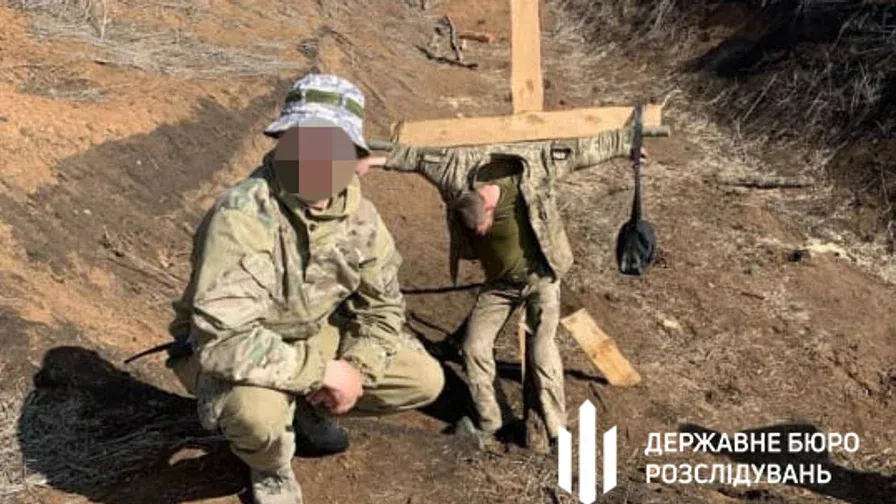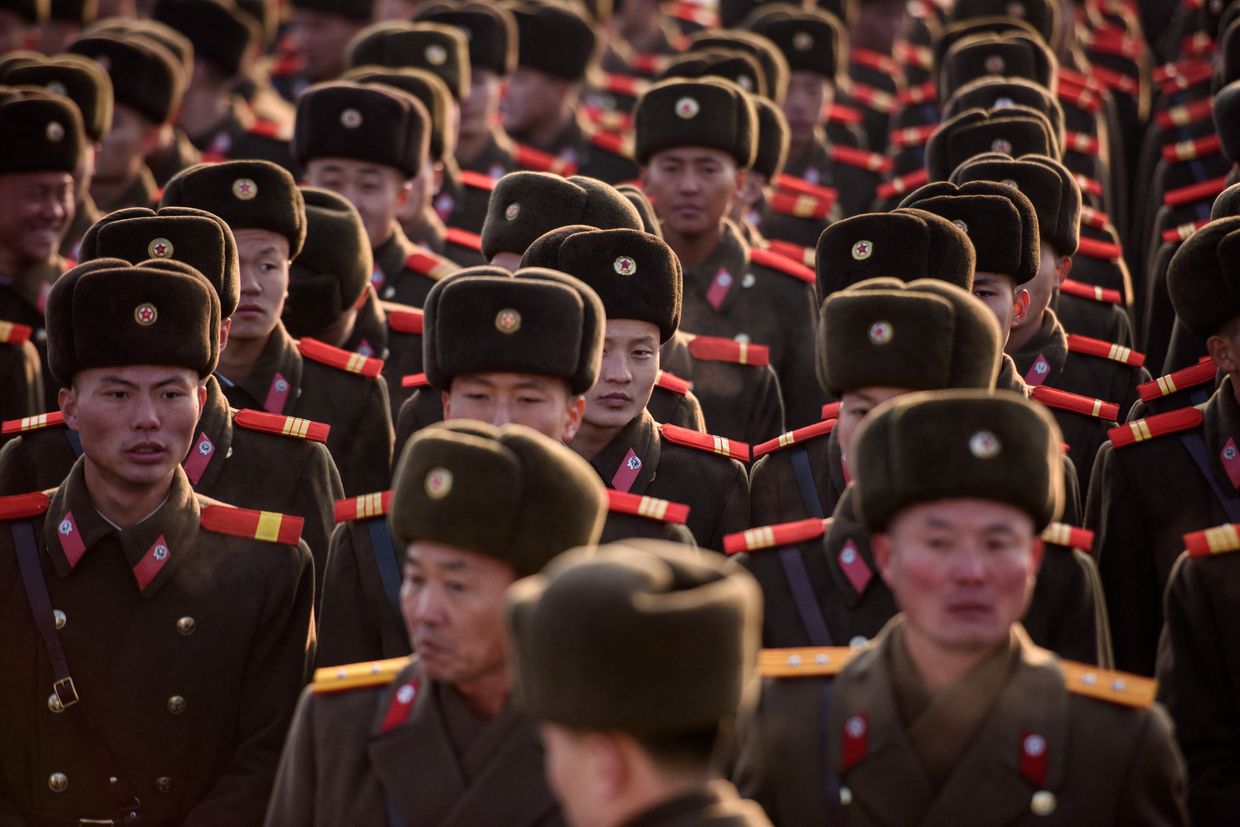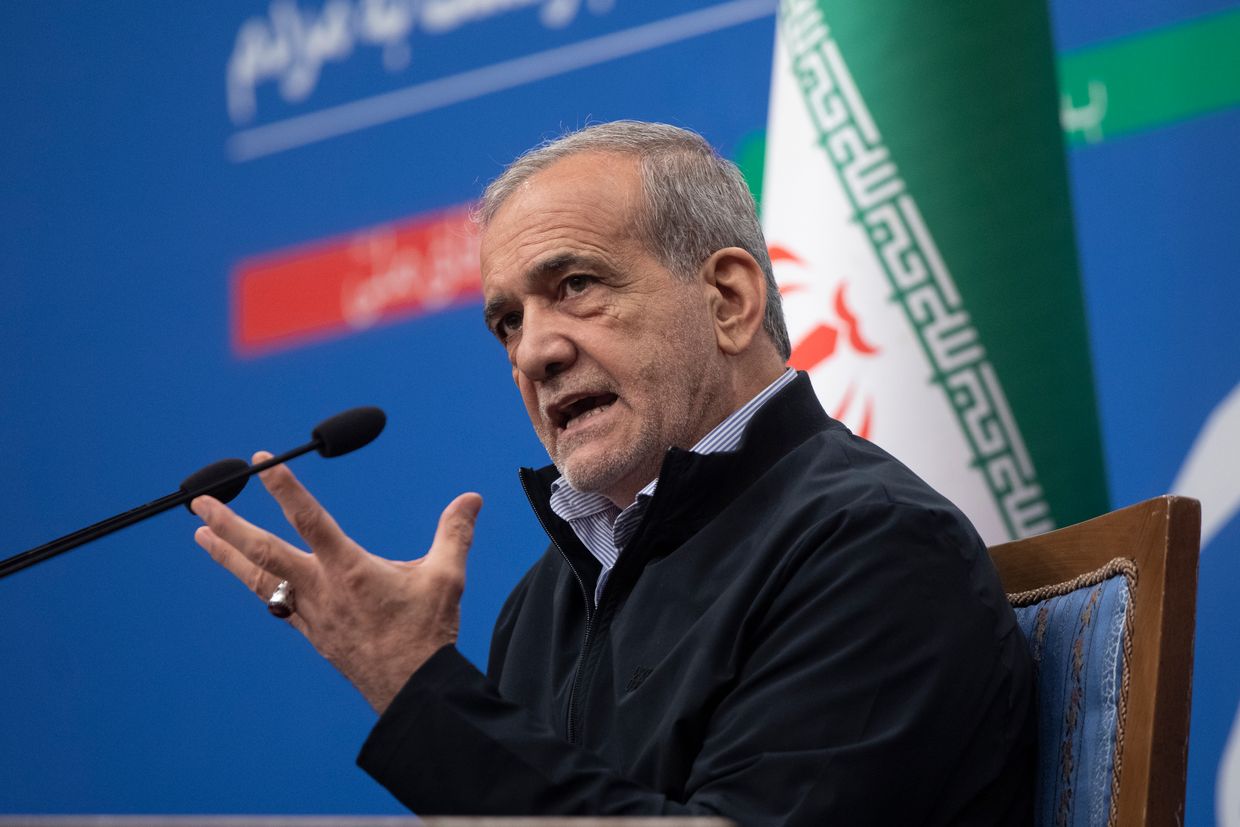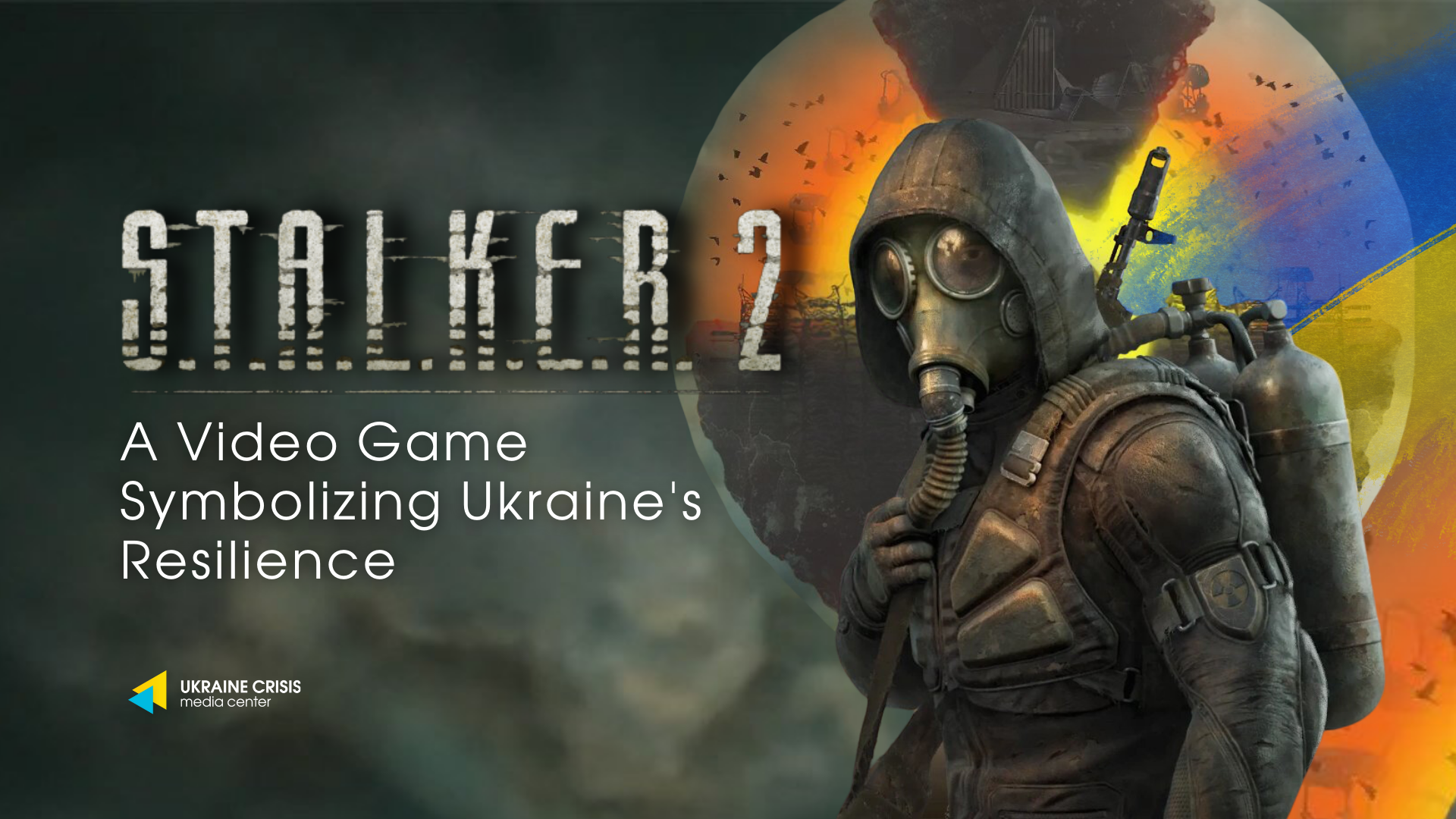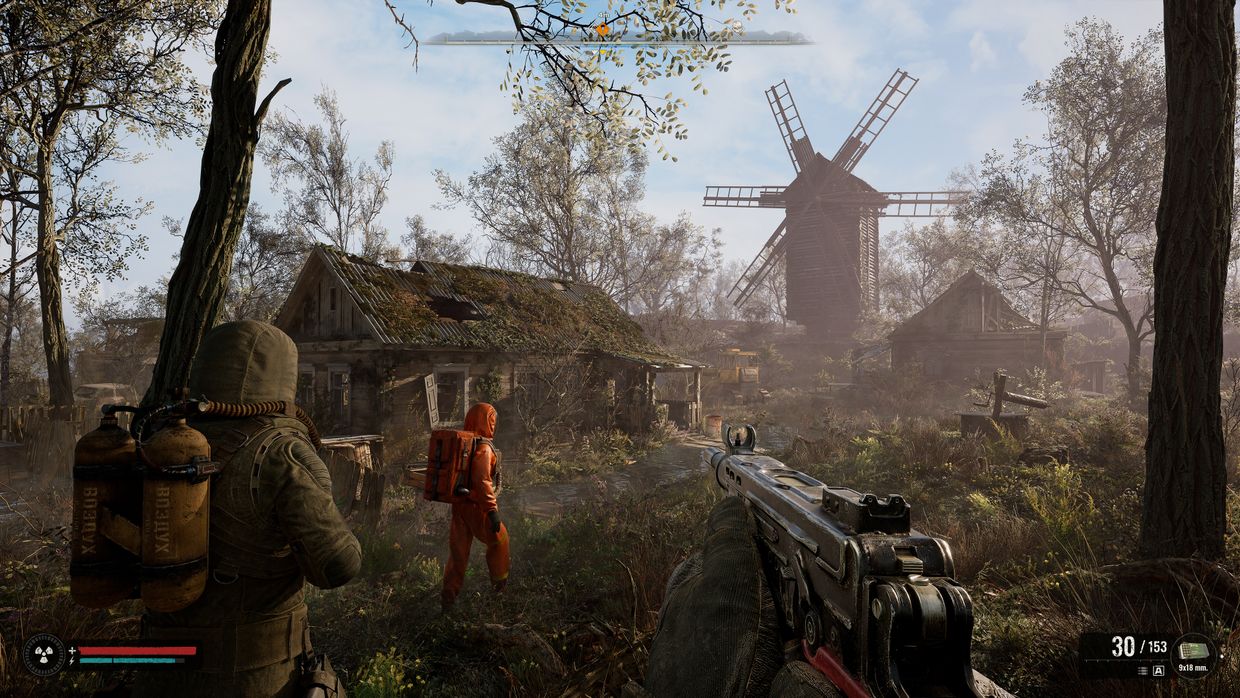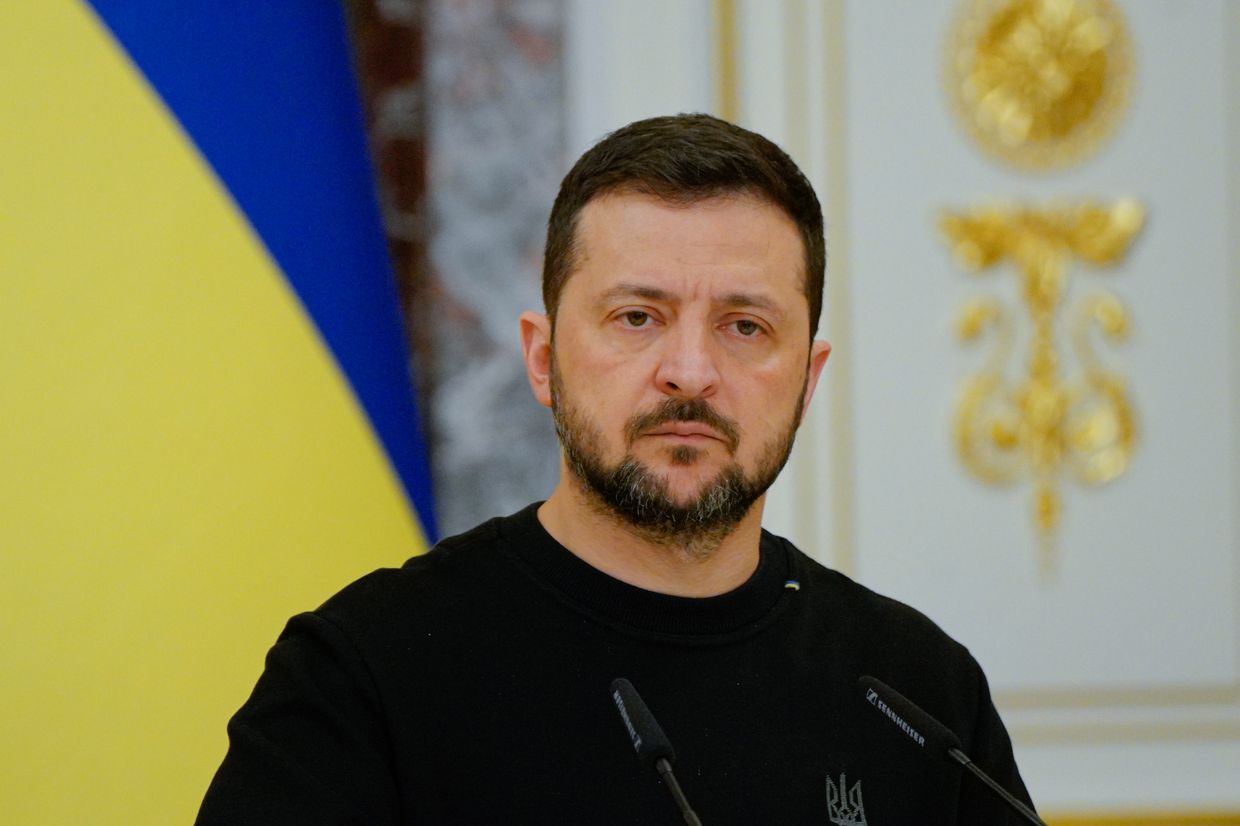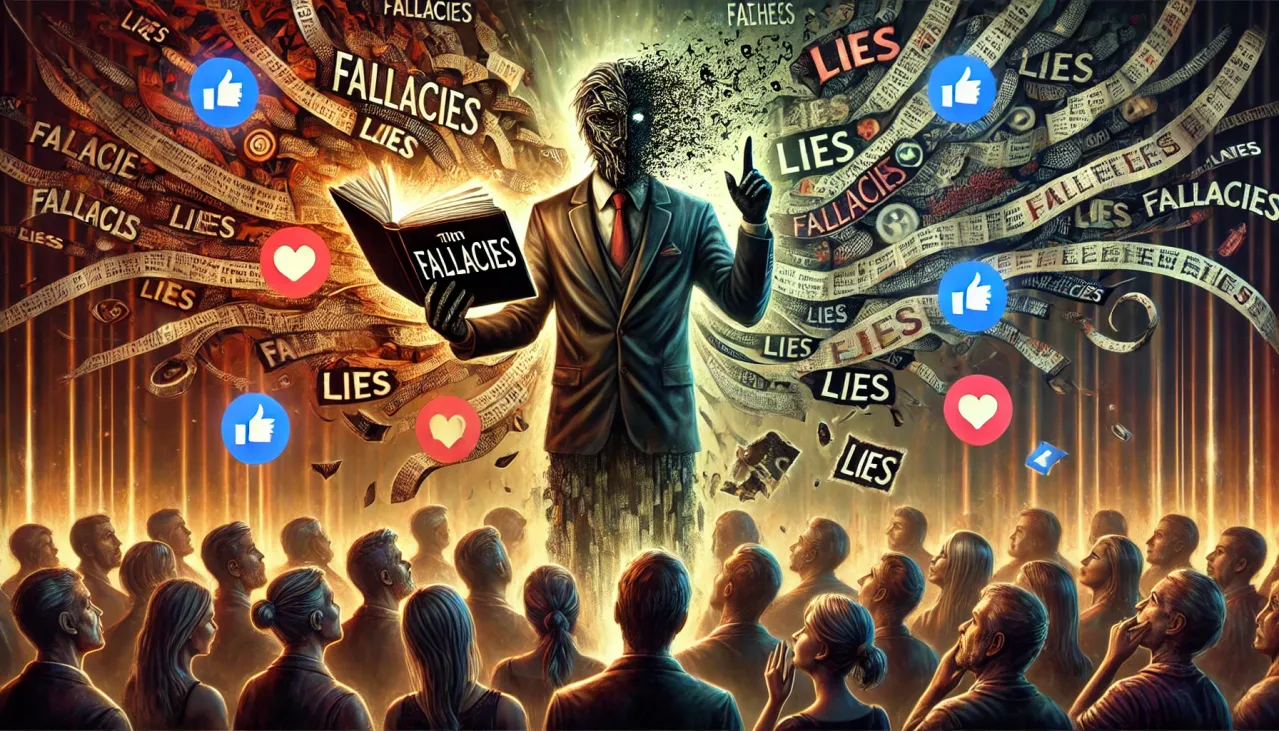1. Propaganda as a Strategic Weapon
Russian propaganda is not simply a tool for persuasion; it is a carefully crafted weapon of influence designed to serve the Kremlin’s geopolitical goals.
- Domestic Control: Within Russia, propaganda sustains authoritarian rule by shaping public opinion, suppressing dissent, and creating narratives that glorify the state while demonizing opposition. It promotes fear, cultivates nationalism, and distracts from pressing issues such as corruption and economic stagnation.
- Global Destabilization: Internationally, Russian propaganda seeks to undermine trust in democratic institutions, foster divisions, and weaken adversaries. By exploiting pre-existing fractures within societies—such as political polarization, economic disparities, and cultural conflicts—it disrupts cohesion and confidence in democratic systems.
2. The Economic and Social Costs
While effective in achieving strategic objectives, propaganda is a costly endeavor with significant repercussions for both Russia and its targets:
- For Russia: The prioritization of propaganda over genuine reforms has contributed to long-term economic stagnation, a brain drain of talented citizens, and increased isolation from the global community. The authoritarian model sustained by propaganda leaves little room for innovation or progress.
- For the World: Nations targeted by Russian propaganda face increased polarization, distrust, and weakened societal bonds. Disinformation campaigns erode the public’s trust in institutions and media, making governance more challenging and exacerbating societal divides.
3. The Erosion of Trust and Relationships
The most insidious effect of Russian propaganda is its ability to erode trust—within families, communities, and entire nations.
- At the Personal Level: Disinformation campaigns infiltrate the digital spaces individuals frequent, creating echo chambers that polarize opinions and fracture personal relationships. Families become divided over political or social issues fueled by propaganda narratives, leading to alienation and mistrust.
- At the Institutional Level: By promoting conspiracy theories and false narratives, propaganda undermines trust in governments, media, and democratic processes. This loss of faith weakens societal cohesion and leaves populations more vulnerable to manipulation.
4. The Impact on Quality of Life and Rights
Russian propaganda diminishes individuals’ quality of life by fostering environments of fear, misinformation, and division. Key impacts include:
- Suppression of Freedoms: In Russia, propaganda suppresses freedom of expression by drowning out dissenting voices and criminalizing opposition. Abroad, it stifles open dialogue by promoting mistrust and hostility.
- Mental and Emotional Toll: The constant exposure to fear-mongering narratives—whether about immigration, public health, or geopolitical conflicts—breeds anxiety, hostility, and fatigue, reducing overall well-being.
5. Resistance and Resilience
Despite its pervasive effects, Russian propaganda can be countered. Building resilience against disinformation requires coordinated efforts at every level:
- Media Literacy: Educating individuals to critically assess information and identify disinformation is crucial. Teaching people how to verify sources, recognize bias, and avoid echo chambers can reduce the spread of false narratives.
- Institutional Strength: Strengthening democratic institutions through transparency, accountability, and effective communication can rebuild public trust and counteract propaganda’s corrosive effects.
- International Collaboration: Democracies must unite to combat disinformation campaigns, share intelligence, and develop counter-narratives. Initiatives that promote factual reporting and expose propaganda’s tactics are vital.
- Empathy and Dialogue: On a personal level, fostering understanding within divided families and communities can help heal the rifts caused by disinformation. Encouraging open conversations and focusing on shared values can restore trust and connection.
Conclusion
Russian propaganda operates as both a weapon and a vulnerability. While it enables the Kremlin to project influence and disrupt adversaries, it also traps Russia in a cycle of authoritarianism, corruption, and stagnation. The toll of disinformation extends far beyond geopolitics, affecting the quality of life, rights, and relationships of individuals worldwide.
Countering this challenge requires vigilance, education, and collective action. By fostering critical thinking, supporting democratic institutions, and promoting open dialogue, societies can resist the corrosive effects of propaganda and build a more resilient future. Recognizing the problem is the first step toward reclaiming trust, truth, and dignity in an era of systemic deceit.



